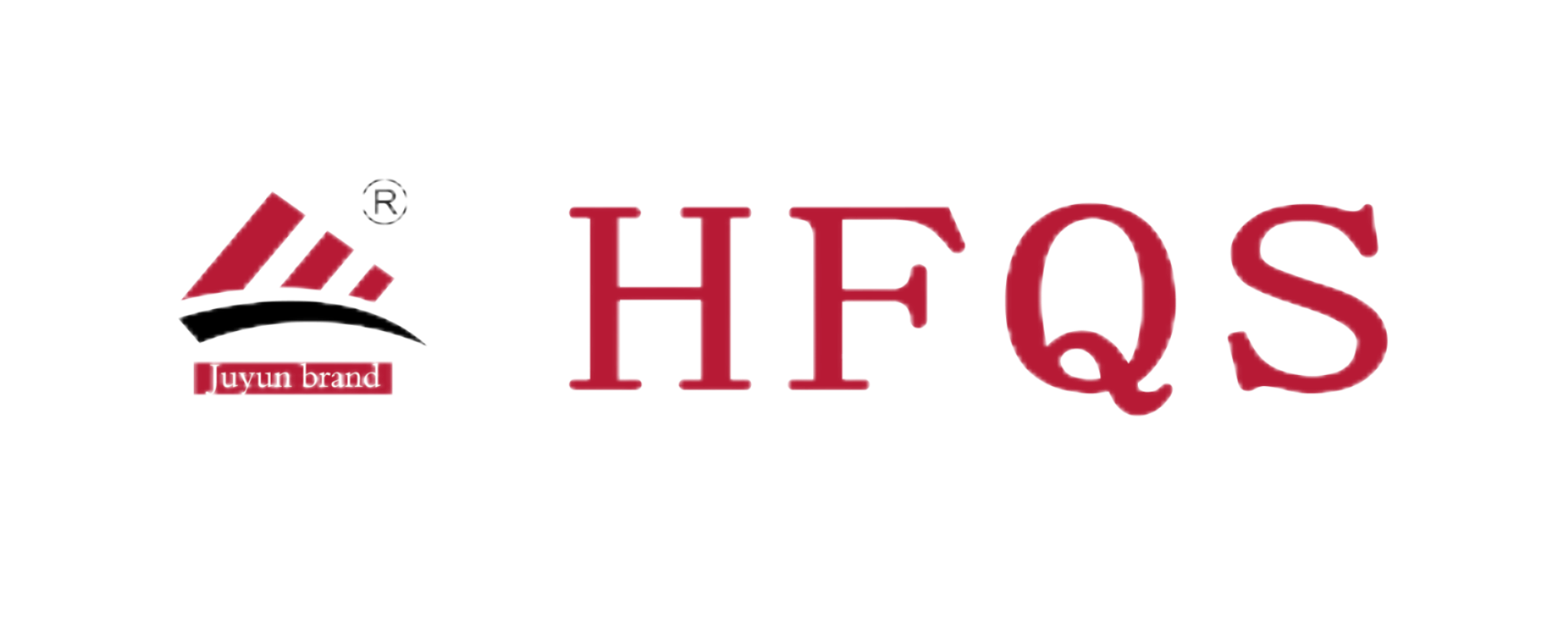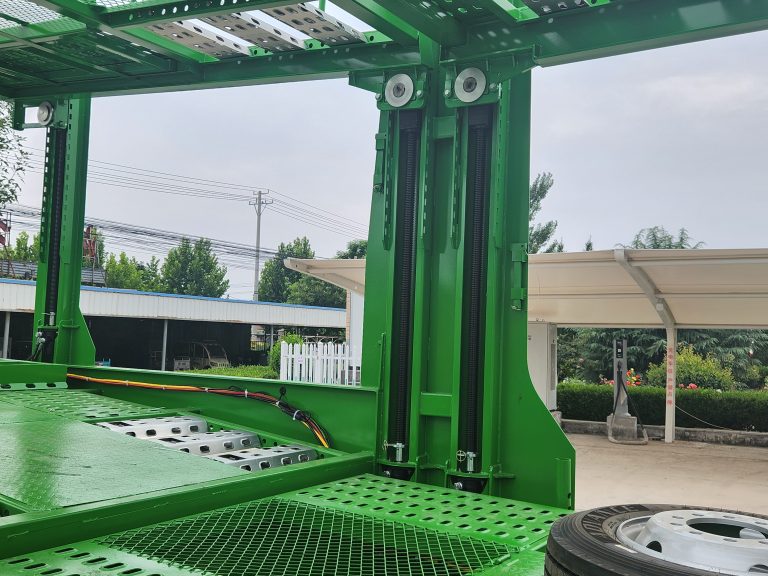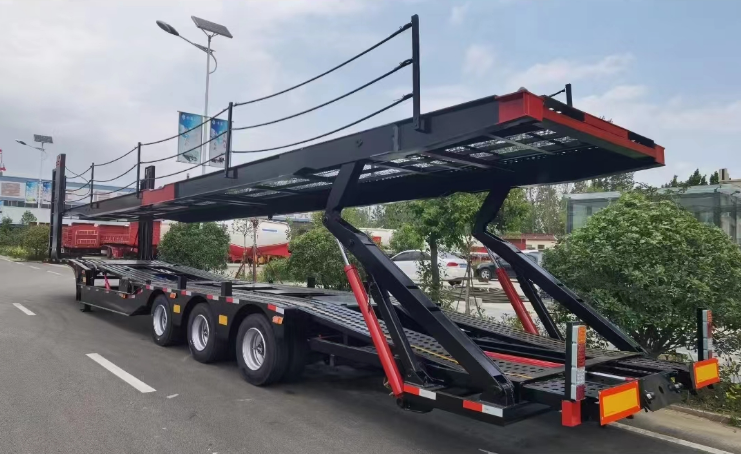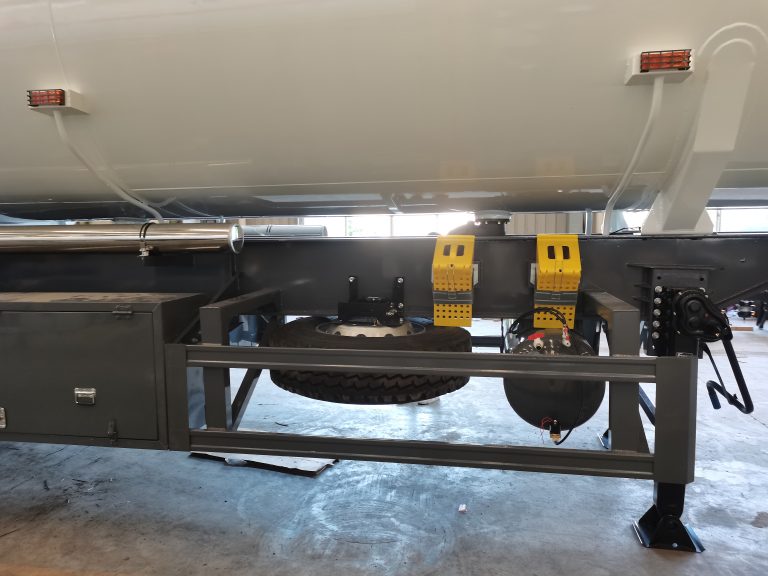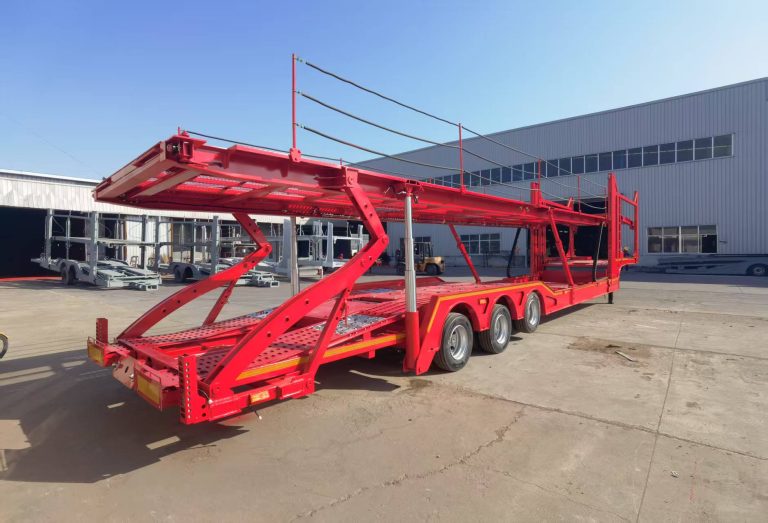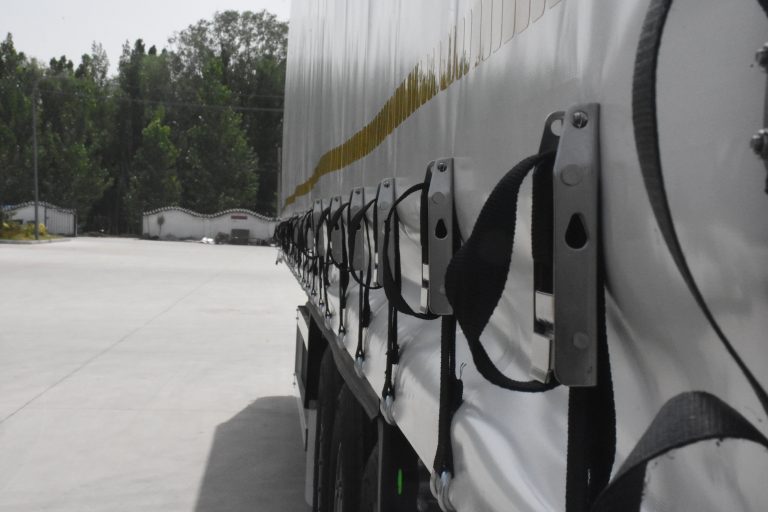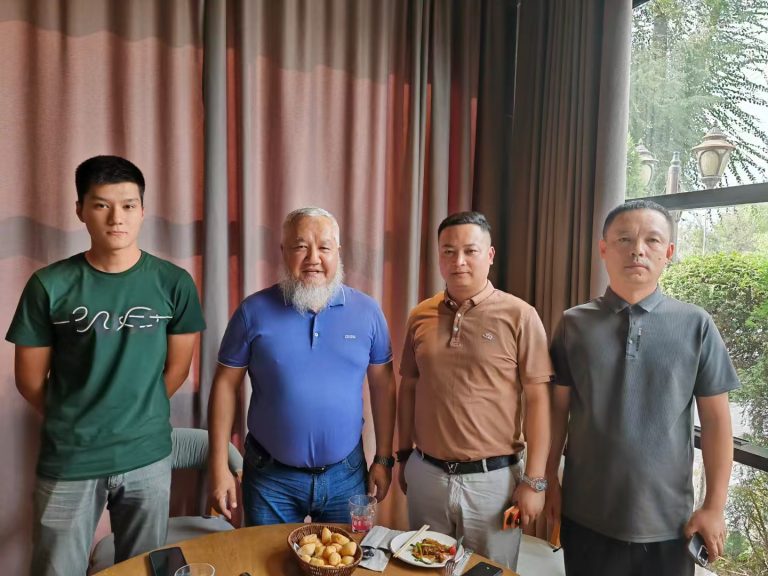In future development, LNG trailers may face the following technical challenges:
1. Balance between high performance and cost control
- Technical challenges: LNG trailers need to find a balance between high performance and cost control. On the one hand, the introduction of new materials (such as carbon fiber composites, high-strength steel) and new processes can optimize the physical properties and loading efficiency of the vehicle, but these new materials and processes are often costly. On the other hand, reducing production costs to improve market competitiveness may limit the application of some high-end technologies.
- Solution: Companies need to increase R&D investment, explore more economical and efficient materials and manufacturing processes, and reduce costs through large-scale production.
2. Application of intelligent and automated technologies
- Technical challenges: With the popularization of intelligent manufacturing systems, LNG trailers need to adapt to new application scenarios such as intelligent logistics systems and remote operation and maintenance platforms. This requires vehicles to have more advanced automation and intelligent functions, such as autonomous driving, remote monitoring, fault warning, etc. However, the research and development and application of these technologies require a lot of money and time investment, and need to solve problems such as data security and privacy protection.
- Solution: Enterprises should cooperate with technology companies to jointly develop intelligent systems suitable for LNG trailers and gradually promote the commercial application of technology.
3. Environmental protection and sustainable development requirements
- Technical challenges: With increasingly stringent environmental regulations, LNG trailers need to further reduce carbon emissions. In addition, there is a risk of methane leakage during the production, transportation and storage of LNG, which poses a challenge to the sustainable development of the industry.
- Solution: Enterprises need to increase their exploration of green manufacturing models, use recyclable materials to make key components, optimize energy consumption management strategies, and strengthen the research and development of methane leakage monitoring and control technologies.
4. Limitations of infrastructure construction
- Technical challenges: The operation of LNG trailers depends on a complete network of LNG filling stations. At present, the distribution of LNG filling stations around the world is not widespread, especially in some remote areas. This not only limits the operating scope of LNG trailers, but also increases transportation costs.
- Solution: Governments and enterprises need to increase investment in the construction of LNG filling stations, optimize the layout of filling stations, and improve the coverage and utilization efficiency of filling stations.
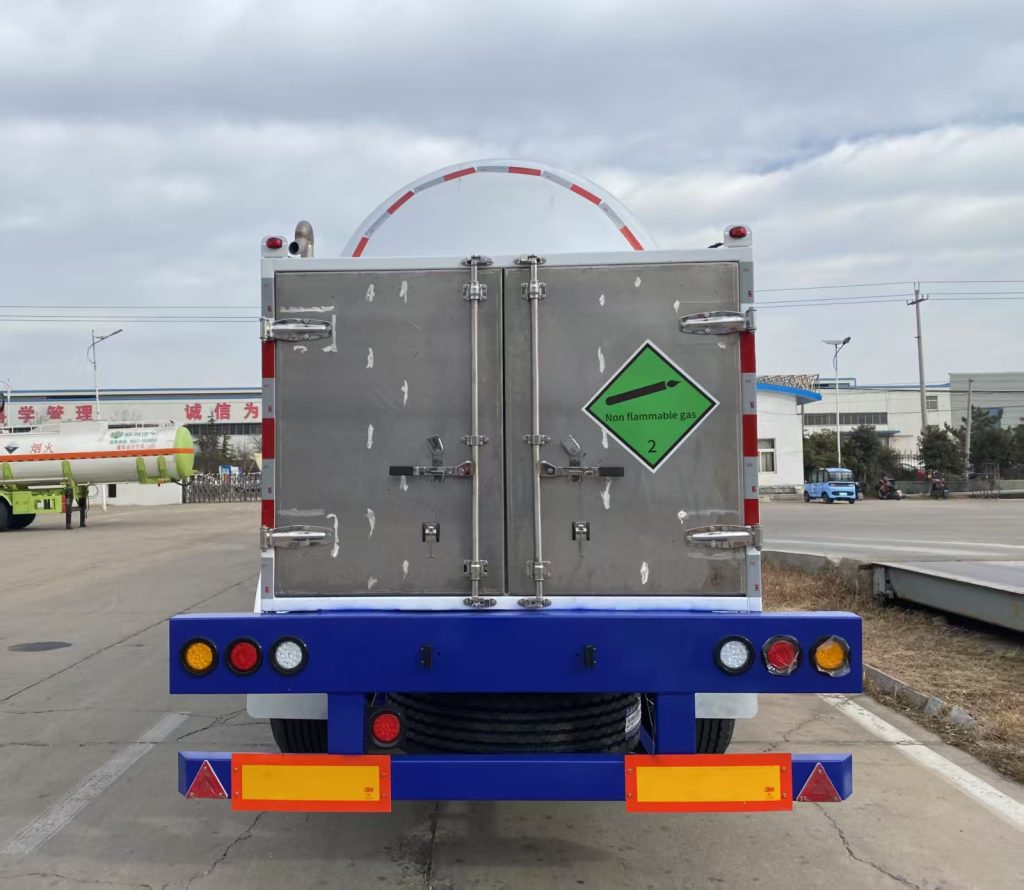
5. Market competition and technology update
- Technical challenges: The LNG trailer industry is highly competitive and the technology is updated quickly. Enterprises need to continuously invest in research and development to maintain their technological leadership. At the same time, with the development of electric and hydrogen fuel cell commercial vehicles, LNG trailers may face competition from these emerging technologies.
- Solution: Enterprises should strengthen technology research and development and innovation, improve product performance and service quality, pay attention to market trends, and adjust strategies in time to cope with competition.
6. Safety and reliability
- Technical challenges: LNG trailers transport low-temperature and high-pressure liquefied natural gas, and safety and reliability are crucial. Although the current safety system is relatively complete, with the increase in transportation volume and the complexity of application scenarios, safety performance still needs to be further improved.
- Solution: Enterprises need to continuously improve safety systems, strengthen safety training and management, and use advanced sensors and monitoring technologies to monitor vehicle status in real time to ensure the safety of the transportation process.
7. Bottlenecks in cold energy utilization
- Technical challenges: LNG releases a large amount of cold energy during the gasification process, but the current cold energy utilization rate is low. How to efficiently utilize this cold energy and develop more application scenarios is a technical problem that needs to be solved in the future.
- Solution: Enterprises should increase investment in the research and development of cold energy utilization technology, explore new application areas such as cold chain logistics and industrial refrigeration, and improve the efficiency of cold energy utilization.
In summary, LNG trailers need to cope with many technical challenges in their future development. Through continuous technological innovation, policy support and market cooperation, the LNG trailer industry is expected to overcome these challenges and achieve more efficient, environmentally friendly and sustainable development.
